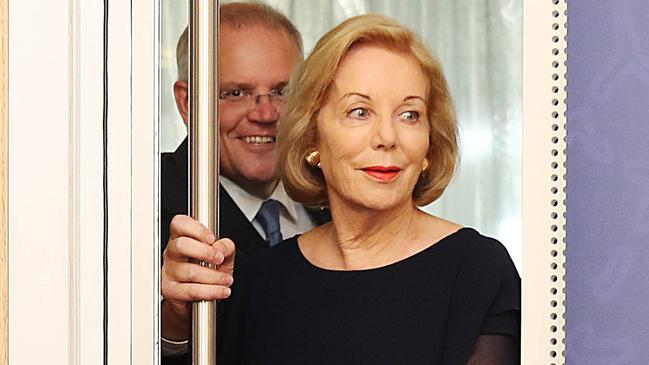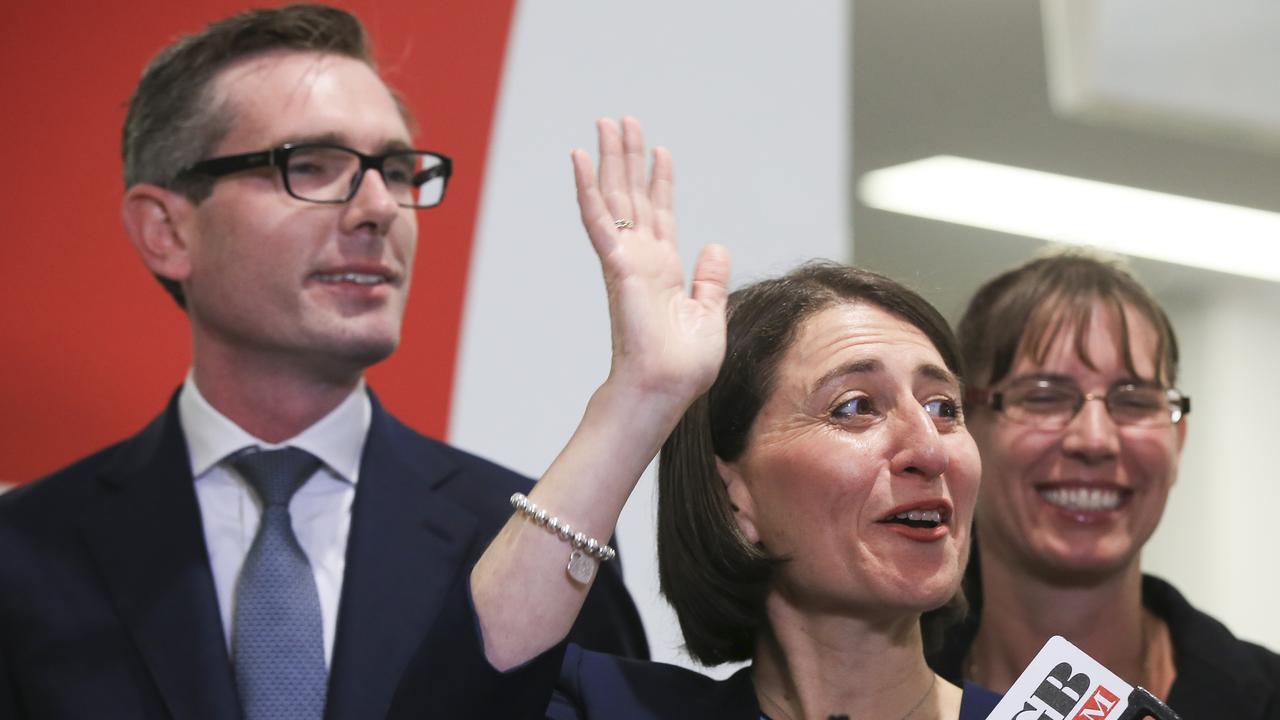
Ita Buttrose immediately gifts the ABC some attributes it has been lacking. She is a born leader, powerful advocate and an experienced media practitioner who will not be intimidated by political power or internal insurrection.
Managing the ABC is difficult enough and reforming it almost impossible, but no progress can be made without leaders who understand the machinations and motivations of journalists and can engage with the organisation and the public in a way that can carry their support.
Buttrose has the potential to take the public and the organisation with her, but much will depend on who she and the board appoint as managing director.
The most obvious and immediate change for the ABC’s staff of more than 4500 will be discovering that they have been given a champion — they would be wise to embrace her. Individually, ABC employees, especially its content producers, are the national broadcaster’s greatest asset but, acting as a collective, they create all its faults.
The ABC has been a troubled organisation for some time. Rudderless and leaderless for months, its standards have been slipping as its jaundice has deepened and its sclerotic journalistic opinion leaders have been setting the tone.
It lacks diversity, self-awareness and vibrancy. So insular has it become that its Sunday morning political program, Insiders, is not only always dominated by left-of-centre commentators but now sometimes is dominated by internal ABC commentators — insiders’ insiders.
Labor and the Greens are already campaigning strongly on boosting the ABC, and the Friends of the ABC campaigned against the Coalition in last year’s Wentworth by-election, highlighting just how partisan Aunty has allowed herself to become.
Buttrose is an apolitical figure, which means in the green Left domain of public broadcasting she will be viewed with suspicion and cast by some as a right-of-centre villain.
What can she realistically achieve? No serious reform that would shrink the ABC footprint or focus its attention on core tasks can happen without a full government response, including passing legislation to change the charter and perhaps provide more staffing flexibility. This will not happen this side of the revolution.
So, expectations should not be set too high. With the right MD, Buttrose could help the organisation pay more attention to quality and plurality. By championing its virtues publicly, she might be able to encourage more diligence internally.
There is no doubt she will have ideas and strategies to help the organisation engage more closely with a broader range of Australians — she might convince some at Ultimo that mainstream is not a dirty word. Her public persona and private negotiating strengths are such that she should quickly re-establish confidence about ABC independence. That is good for the public and will boost staff morale.
In short, she just might give the place a bit more optimism, helping the national broadcaster replace its sense of adolescent rebellion with an adult attitude of enlivened inquiry and discussion. But the bottom line is that this is a staff collective and the influence of any one leader is severely limited.
At the risk of inviting accusations of ageism, it must be noted that Buttrose is in the autumn of her working life. This high-profile and demanding appointment comes late in her career. Yet her energy remains obvious, as she has been working assiduously for profit and charity.
I have come to know Buttrose in recent months after seeking her out as a guest on my Sky News program Kenny On Media (sadly, I expect she will now have to drop what was to be a regular appearance).
We have enjoyed a couple of chunky conversations about the state of media, including the ABC.
She is alive to and fascinated by contemporary challenges and opportunities. She speaks with clarity and insight about what matters most. In particular, she shows a certitude about the role of editorial leadership that to many at Aunty might be as unfamiliar as it is sorely needed.







To join the conversation, please log in. Don't have an account? Register
Join the conversation, you are commenting as Logout